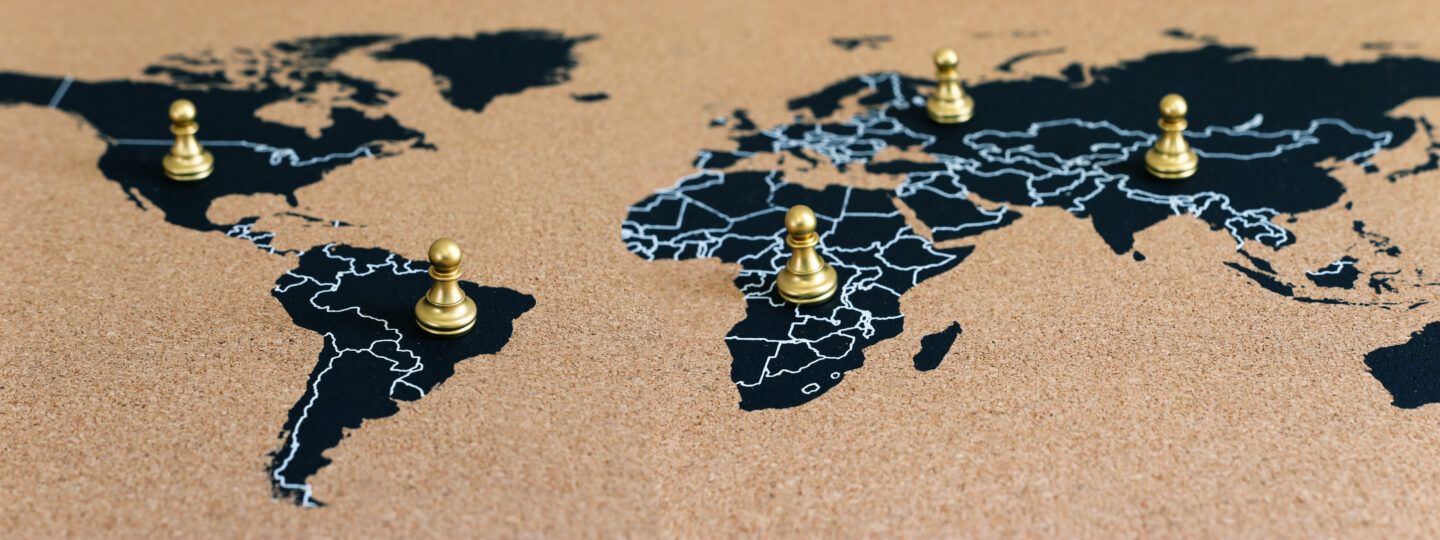The United States has been maintaining a complex geopolitical role in the world since the end of World War II, as the United States was responsible for overseeing the redevelopment of Europe and some of Asia. In doing so, Woodrow Wilson's idea of a League of Nations resurfaced and took form in the United Nations.
However, the United Nations is dominated by the United States, the United Kingdom, China, Russia, and France. If we observe the main sides of the proxy wars across the globe, especially during the Cold War, Russia and China gravitated towards one, while the United States, United Kingdom and France gravitated towards the other. This system therefore requires the 5 aforementioned countries to partake in every single war across the globe, creating an overall power struggle.
With geopolitics now taking a similar position to how it was in the Cold War (because the United States and another nation are funding sides in smaller conflicts worldwide, especially in Taiwan, Israel vs. Palestine, and Russia vs. Ukraine), many are concerned that this can lead to World War III.
However, as soon as these conflicts end, or if they continue long enough, similar peace treaties will contract the major powers' role in geopolitics, and other countries will regain space to grow in power, regional influence, trade reliance, and in wealth.
In that space of contraction, nations with a major regional role/influence (such as Russia, China, and Iran) have the opportunity to leverage other emerging economies and nations in their favor to increase their influence and power in their respective region, and hence, worldwide.
